Search Results
Showing results 1 to 20 of 37
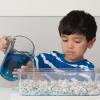
Water Underground
Source Institutions
Many people get water from a source deep underground, called groundwater.
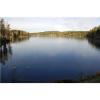
Water Walk
Source Institutions
Learners take a field trip along a local body of water and conduct a visual survey to discover information about local land use and water quality.
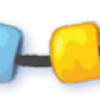
Make a Water Cycle Wristband
Source Institutions
In this activity, learners thread colored beads onto string. Each beach represent a process of the water cycle.

Rusty Penny
Source Institutions
In this easy chemistry activity, learners submerge pennies in different liquids (water, lemon juice, vinegar, liquid hand soap, salt water, and baking soda mixed with water) to observe which best clea
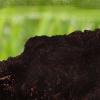
The Dirt on Dirt
Source Institutions
In this fun gardening activity, learners discover their soil type. There are three basic soil types: sand, silt, and clay.
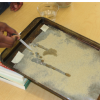
Erosion and Floods
Source Institutions
In this activity, learners create models of erosion and floods and learn to recognize both in their environment.

Super Soaking Materials
Source Institutions
In this activity, learners will test cups full of potting soil, sand, and sphagnum moss to see which earth material is able to soak up the most water.
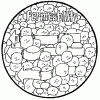
The Ability of Permeability
Source Institutions
In this activity (page 11 of the PDF), learners investigate how quickly water moves through various materials. They measure and compare the permeability of gravel, sand, and soil.
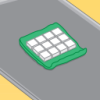
Water "Digs" It!
Source Institutions
In this activity, learners investigate soil erosion. Learners set up a simulation to observe how water can change the land and move nutrients from one place to another.
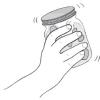
Shake and Break
Source Institutions
In this activity, learners will model the mechanical weathering and erosion of rocks in a stream or river.
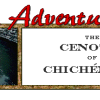
Solving Dissolving
Source Institutions
The Sacred Cenote at Chichén Itzá is a sink hole, or well, containing groundwater. In this activity, learners create their own cenote using chalk, limestone, acids, and rain water.
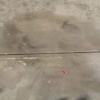
Kid Moon: Splat!
Source Institutions
In this activity, learners model ancient lunar impacts using water balloons.
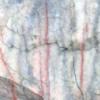
A Crayon Rock Cycle- Metamorphic
Source Institutions
This is part 2 of the three-part "Crayon Rock Cycle" activity and must be done after part 1: Sedimentary Rocks. In this activity, learners explore how metamorphic rocks form.
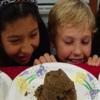
Sand Castle Saturation
Source Institutions
In this activity about saturation (page 1 of PDF under SciGirls Activity: Sand Dunes), learners will build a series of sand castle towers using a 16 oz cup.
Effects of Solar Radiation on Land and Sea
Source Institutions
In this activity, learners explore the different heating properties of soil and water.
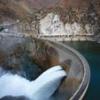
Engineer a Dam
Source Institutions
In this activity, learners explore the function and engineering of dams and how dams have many uses and solve many problems in the world.

Waterscope Wonders
Source Institutions
In this activity, learners will create a magnifying glass called a waterscope, using water and household items, to examine various objects.
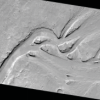
Mars from Above: Carving Channels
Source Institutions
In this activity, learners create channel features with flowing water, comparing their observations to real images of Mars and Earth taken by satellites/orbiters.
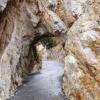
Weathering and Erosion
Source Institutions
In this activity (page 13 of the PDF), learners discover how weathering and erosion change the Earth’s surface.

Chocolate (Sea Floor) Lava
Source Institutions
In this edible experiment, learners pour "Magic Shell" chocolate into a glass of cold water. They'll observe as pillow shaped structures form, which resemble lavas on the sea floor.
